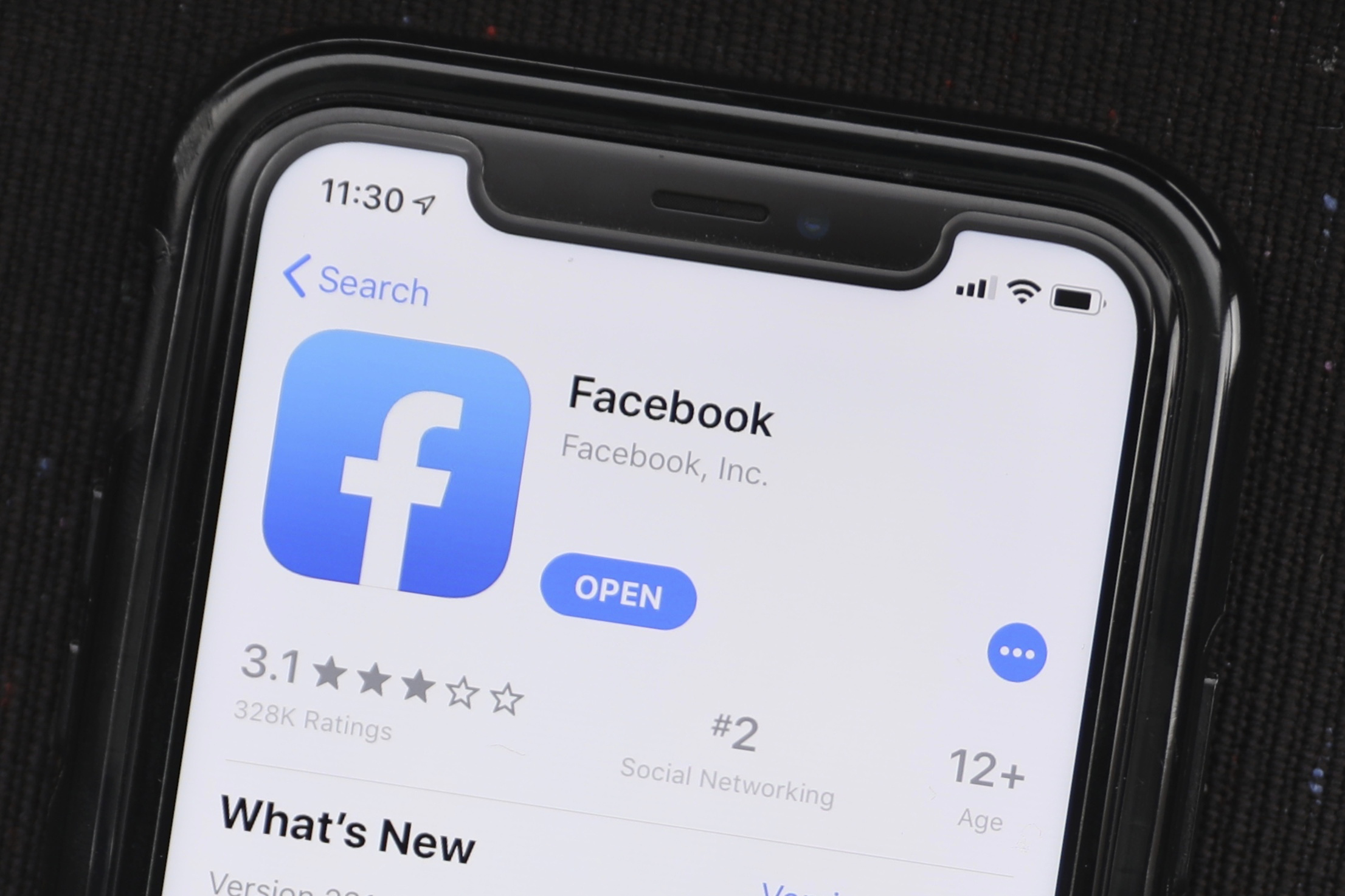
Caridad Canales has been volunteering with My Grief Angels online for five years. She talks with people who are mourning a loss or suffering from anxiety. You don’t need training in bereavement counseling to volunteer with this non-profit, she says, because people just want to connect with another human and have someone listen to them.
“It is very gratifying to know that there’s somebody out there and you’re helping them through this difficult time,” said Canales, who was a business manager for a Guerlain boutique at Epcot Theme Park in Orlando, Florida, before the coronavirus pandemic shut it down.
As the death toll from the virus in the U.S. continues to rise, there are thousands left grieving the loss of loved ones. Canales has friends who have been robbed of a chance to say their goodbyes to family members because of restrictions on travel and at funerals.
“This is the time when everyone is at home and we can’t go and speak to someone personally, so this is a great virtual platform for people who are grieving, not only because of COVID-19," Canales said.
According to Points of Light, an international nonprofit connecting other nonprofit groups with volunteers, “even as financial and human capital have contracted, the nonprofit industry has continued to push forward to serve their communities and support vulnerable populations in light of COVID-19.” Some have continued working on the frontlines alongside essential workers, distributing meals at food banks or delivering them to homebound seniors, but thousands also need virtual volunteers to function.
"We have a lot of volunteer work that’s still happening, that needs to be done in person," said Meghan Moloney, chief operations officer at Points of Light. "I wouldn't say the nonprofit sector was ready for this disruption caused by the pandemic or ready for the transition to virtual, but they have been remarkably adaptive."
New York Cares, a Points of Light affiliate nonprofit that normally runs more than 1,500 on-the-ground programs focused on hunger, education, senior outreach and job preparedness, had to recalibrate its operations and is in the process of setting up volunteer programs online, said Gary Bagley, the group's executive director. They will need an army of volunteers.
Among the programs in desperate need of help are those serving the senior population, which has been hard-hit by the COVID-19 crisis. Virtual volunteers are needed to make daily wellness calls, write cards expressing hope and encouragement, and to organize virtual social activities for seniors who are in long-term healthcare facilities.
With schools closed in many areas until the end of the academic year, many children need free tutoring services. Organizations like World Family Children Foundation are looking for high school or college students to teach math, English, science and SAT prep courses online.
Clinics, hospice care facilities, organizations working with the homeless, and frontline workers are looking for volunteers who can sew homemade face masks at home and donate them.
Parents and kids can join Operation Gratitude and write thank-you letters to deployed troops, first responders and emergency medical personnel fighting the pandemic.
According to Moloney, virtual volunteering can be local volunteering, and it's how you can make an impact on your community during this difficult time.
"Having a local volunteer call a senior from the community makes that call a better call," Moloney said. "If the senior mentions a local clinic where they fill their prescription or they say something about their favorite diner and you know that diner, the local expertise is really valuable."
Some virtual volunteers should be prepared to go through an onboarding process, training on virtual tools and in some cases, criminal background checks.
“I often compare volunteering with looking for a job,” Bagley said. “A lot of volunteers may get upset if the organization doesn’t need them, but you should keep looking. It’s good to remember organizations are overwhelmed and if it’s not what they need, then you will have to move on or check back later.”
Volunteering has many benefits -- it builds connections and can advance your career. And at a time when people are out of work and are social distancing, it can be a source of escape and fulfillment.
“When we give back to others, it decreases our anxiety, it makes us feel better about ourselves, it connects us to our community," Bagley said. "It’s always good to volunteer, but especially in a period like now when we’re isolated. It helps us get outside of ourselves. It’s a very good balancing experience.”
There are several organizations that connect volunteers with thousands of nonprofits across the U.S. Their databases let you search for volunteer opportunities by location, COVID-19-specific volunteer work, fun volunteer activities for families or by your specific interests and skills.
Get started here:
All for Good is the Points of Light’s database of thousands of volunteer opportunities, many of which can be completed remotely.
Common Impact works to build a society in which individuals and businesses invest their unique talents toward a shared purpose: strengthening the local communities. They connect corporate employees to nonprofit organizations.
Create the Good is an initiative by AARP to help its members get connected with nonprofits and causes, including things you can do from home.
Idealist lists hundreds of volunteer opportunities that can be completed online.
Taproot+ is a marketplace for short-term, individual pro bono consulting projects, curated by the Taproot Foundation. Many of these volunteer projects can be completed remotely.
VolunteerMatch lets you explore thousands of virtual volunteer opportunities and select those specific to the coronavirus response.



